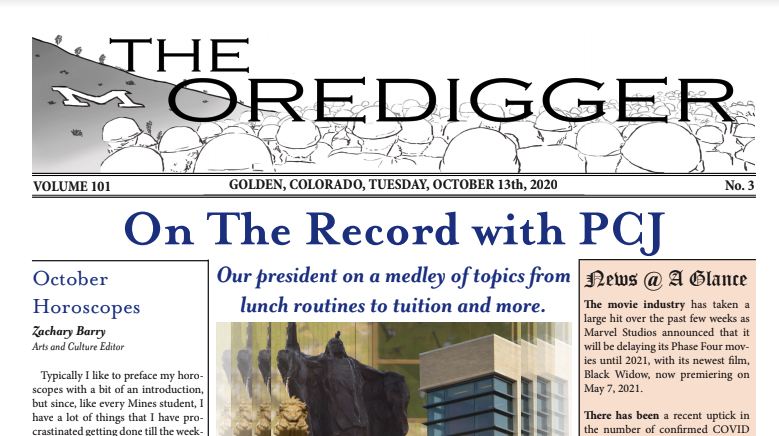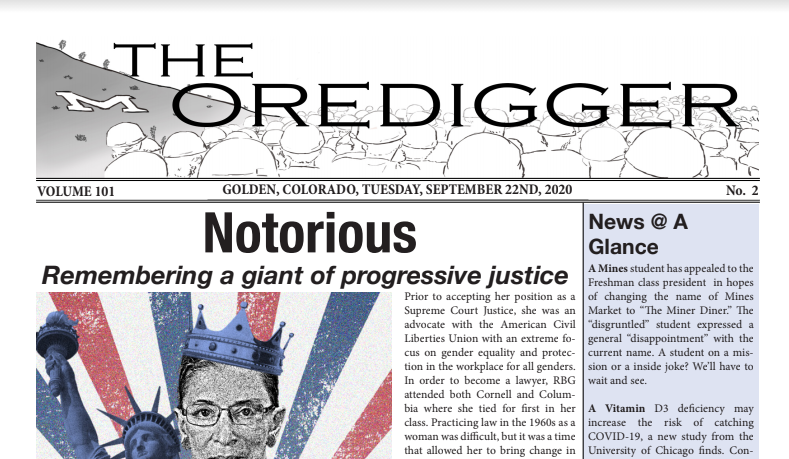There is something slightly odd on some of the hundred peso bills in the Philippines. Amidst important cultural symbols and a picture of President Manuel Roxas is a small seashell—the international logo of Shell Oil Corporation. While it may initially seem out of place, this small logo commemorates a one hundred year partnership between the Philippines and Shell Oil and symbolizes the importance of community-centered engineering.
Speaker David Atkins, Community Engagement Advisor at Shell Oil, outlined several of the company’s international projects at a lecture on February 18th to ultimately analyze the importance of bringing the community into engineering projects. As Shell owns 43,000 service stations, employs over 92,000 people, and is active in 70 countries, the corporation has the opportunity to impact millions of people and communities all over the globe.
“We have to offer something back to the community to be able to do business,” contended Atkins. However, what is now a successful community engagement plan began as a simple effort to extinguish fires during projects in different countries.
For instance, Atkins illustrated the case of an oil project in a small town in Ireland in the late 1990s. While Shell’s plan to construct an offshore gas field could have supplied Ireland with 60% of the country’s oil and natural gas, the project was fraught with difficulties and delayed due to a disconnect with the traditional, mainly unindustrialized community. Five unhappy farmers, later named the Rossport 5, opposed the project and began an incident that ended in an international uproar concerning the environment.
The delay more than quadrupled the cost of the project and a film, called The Pipe, was even created about the incident. The eventual solution involved devising a new route for the pipeline, a relatively simple adjustment that could have been implemented much earlier (and at a lower cost) with more community input.
“If you spend time with people, you really get to know their needs,” Atkins explained. Shell’s new Social Performance plan involves everything from performing house-to-house visits near construction sites, to sending quarterly newsletters to people impacted in the community. While in the past the company might have funded a new firehouse or schoolhouse, the new program involves working with people in the community to discover the infrastructure projects from which they would benefit most.
“Suddenly the technical people have to get really good at talking to community people,” asserted Atkins. Shell has hired several Community Liaison Officers (CLOs), but sometimes when a technical issue arises, engineers are sent because they have so much knowledge of the problem and its possible solutions. By integrating the company’s technical side with the non-technical parts of the business, Shell is able to connect with the community more effectively.
The company’s recent experience with a shale gas development project in Sichuan, China illustrates the full impact of the Shell’s community-integration efforts. With open houses for the public, immediate damage repair, and a community complaint register, Shell minimized disturbance and made the project economically worthwhile for both the company and the community. The company also contributed to infrastructure projects with taxes and fees and worked with the people to invest in education.
“The investment in people and engagement was well worth it,” Atkins affirmed. Shell has learned to understand the social, historical, and cultural context of an area, engage with the community early on in projects, and utilize local people and services whenever possible.
When the president of the Philippines announced the addition of the Shell logo on certain hundred-peso bills, he thanked the corporation not for its technical developments, but for contributing to positive social developments for the people. Atkins describes humanitarian engineering best with “It’s the right thing to do. It’s the moral thing to do.”



'Shells for Thought' has no comments
Be the first to comment this post!